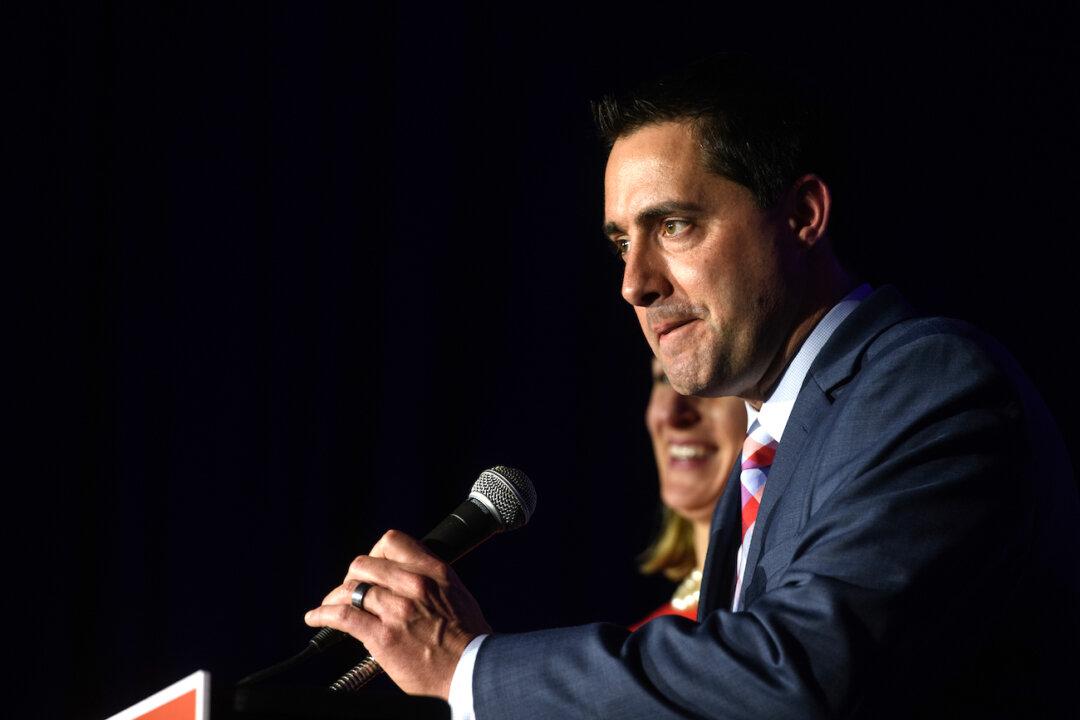Ohio voters will be asked on Nov. 8 to decide if non-U.S. citizens can vote in state or local elections.
If passed, Issue 2 would change the Ohio Constitution. It proposes that only adult U.S. citizens who legally reside and are registered to vote in Ohio for at least 30 days can cast a ballot in future state and local elections.





